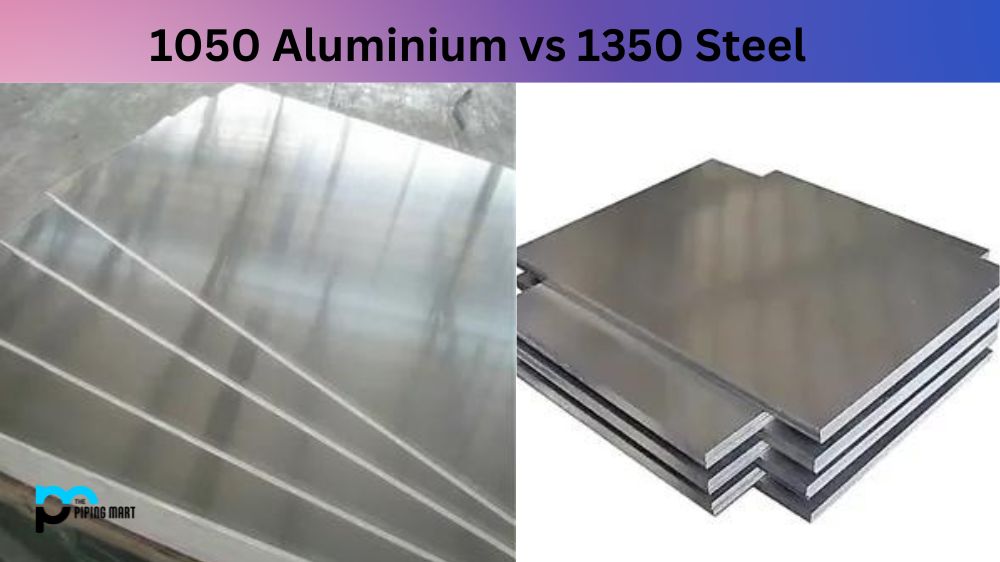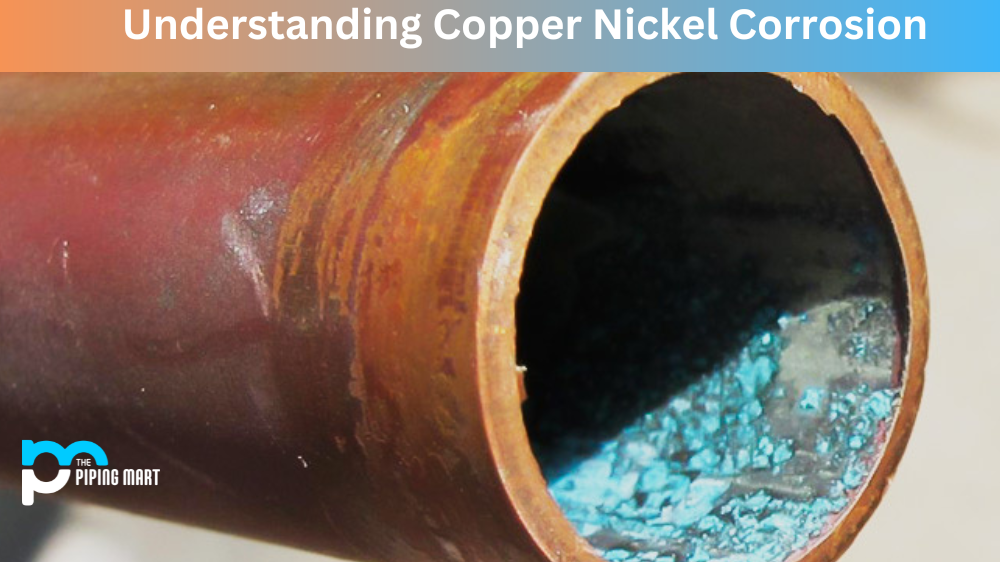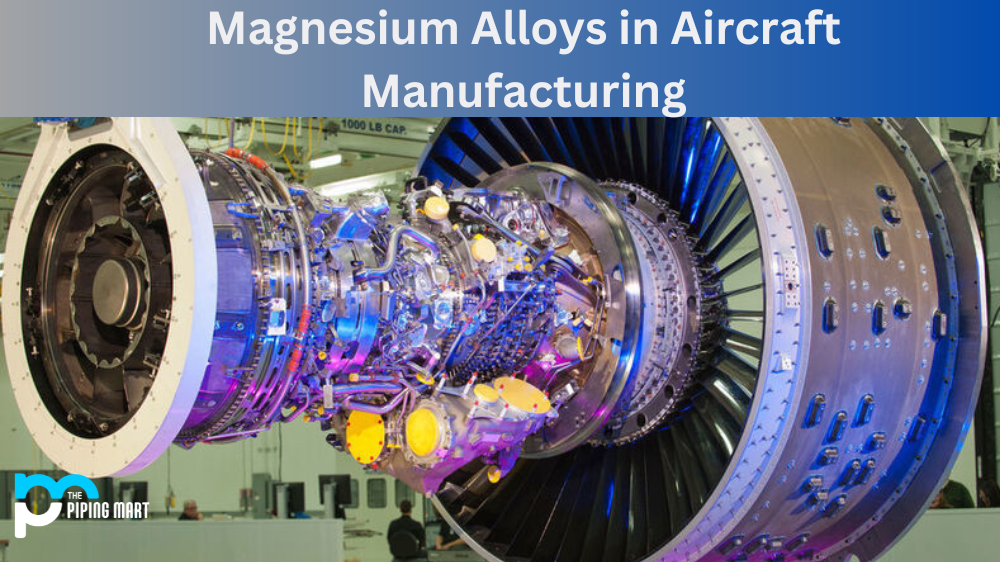When choosing the right material for a project, many factors must be considered. Two popular options are 1050 aluminium and 1350 steel. While they may seem quite similar, the two have several important differences. In this blog post, we’ll break down the key characteristics of both materials and help you make an informed choice.
What is 1050 Aluminium?
1050 Aluminium is a commercially pure aluminium grade, containing 99.5% aluminium. It exhibits high electrical conductivity and superior corrosion resistance due to its lack of alloying elements. It also has excellent forming characteristics and workability for spinning, stamping, deep drawing and cutting operations. Its low strength makes 1050 ideal for applications that require only low strength, such as spinners and washers.
What is 1350 Steel?
1350 Steel is a high-carbon, chromium-vanadium alloy steel. It has excellent abrasion resistance properties and superior impact toughness to other steels. With its combination of strength and hardness, it is used in many industries, including automotive engineering, construction, mining, and military equipment. In addition to its exceptional properties, 1350 Steel offers excellent weldability and machinability for easy fabrication in shop environments.
Difference Between 1050 Aluminium and 1350 Steel
Composition
1050 aluminium is a pure aluminium alloy, containing 99.5% aluminium content and other minor elements such as iron and silicon. On the other hand, 1350 steel is an alloy containing 85% aluminium, 11% copper, and 4% steel. This difference in composition gives 1050 aluminium a higher level of electrical conductivity than 1350 steel.
Strength and Ductility
While 1050 aluminium and 1350 steel are relatively soft and malleable, 1350 steel is the stronger. However, due to its greater ductility, 1050 aluminium can be formed into more complex shapes and is more cracking-resistant.
Corrosion Resistance
Aluminium is highly corrosion-resistant, making it an ideal choice for outdoor applications. Galvanic corrosion can occur when aluminium comes into contact with other metals, but this can be mitigated through proper design and insulating materials. 1350 steel, on the other hand, is more susceptible to corrosion if not properly protected.
Cost
Regarding cost, 1050 aluminium is generally more expensive than 1350 steel. However, this can vary depending on the quantity purchased and other factors such as manufacturing processes and transportation costs.
Applications
Both 1050 aluminium and 1350 steel are used in a wide range of industries and applications. Due to its high electrical conductivity, 1050 aluminium is often used in electrical applications, such as wiring and transformers. It is also used in food packaging, automotive parts, and other consumer products. 1350 steel is commonly used in the production of wire and cable and in some electrical applications.
Conclusion:
In summary, the choice between 1050 aluminium and 1350 steel depends on the specific needs of your project. If you require a material with high electrical conductivity, 1050 aluminium may be the better choice. On the other hand, if you require a stronger material with greater ductility, 1350 steel may be the way to go. Cost, corrosion resistance, and other factors also play a role in decision-making. By understanding the differences between these materials, you can make an informed choice and select the right material for your project.
Sakshee is a talented blogger, with a particular focus on the Business and Metal Industry. She is passionate about sharing her insights on various metal products and helping professionals to make a better decisions.




